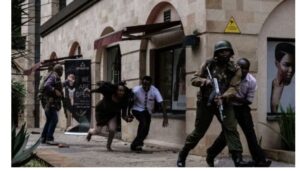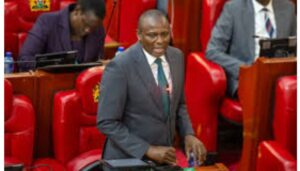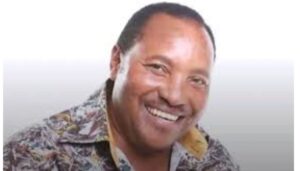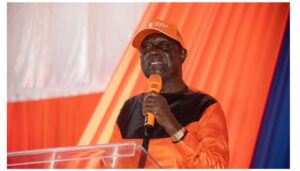JSS teachers demand autonomy from primary schools
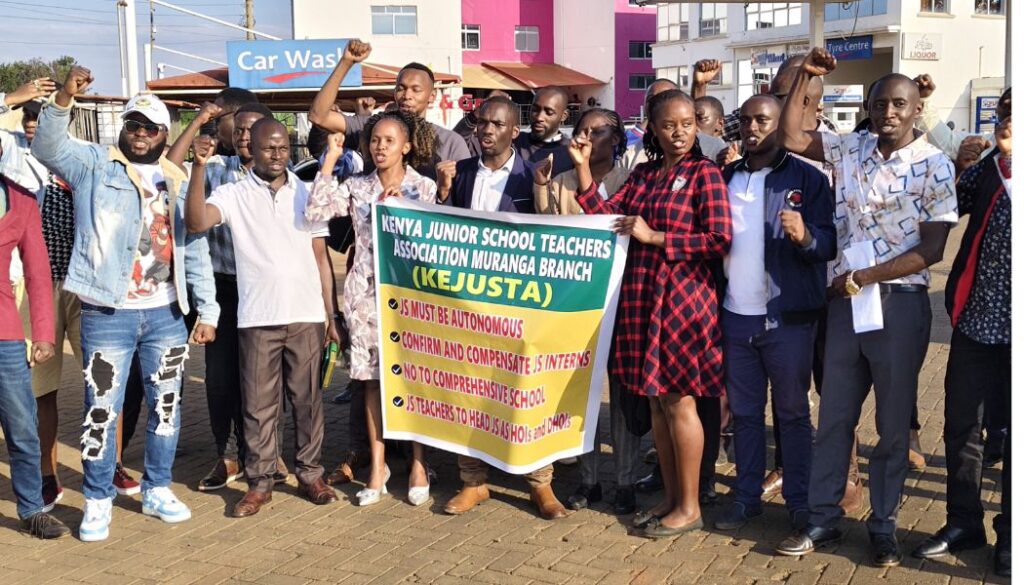
Junior Secondary School (JSS) teachers working in various schools across Murang’a county have called for full autonomy.
Junior Secondary School (JSS) teachers working in various schools across Murang’a county have called for full autonomy.
In a press conference held on Friday, the teachers demanded a distinct administrative structure, separate from that of primary schools where JSS classes are currently hosted.
Led by officials of the Kenya Junior School Teachers Association, Murang’a branch, the teachers argued that the JSS level should not be treated merely as an extension of primary education, but recognised as an independent entity with its own leadership, resources, and curriculum focus.
One of the educators, Ronald Atamba, stated that autonomy would help strengthen both curricular and co-curricular activities tailored to learners’ needs.
“Junior secondary schools should be viewed as a separate entity with its own administration. All this is for the good of learners,” noted Atamba.
He further emphasised the urgent need for improved infrastructure, particularly science laboratories, to support the teaching of science subjects.
He added that many schools lack equipped labs, causing learners to miss crucial opportunities for practical training.
“Most CBE subjects are practical. Without proper laboratories and equipment, students cannot fully benefit from the system,” he said.
Another JSS teacher, Henry Otieng’ino, echoed the call for independence and highlighted the shortage of skilled teachers.
“Every subject needs a qualified teacher, but many schools are struggling with gaps. Unfortunately, in some cases teachers of humanities are subjected to teach science subjects,”he said, urging the government to address the staffing crisis.
“There is a shortage of science teachers in many of the JSSs. We need enough trained staff so learners are not disadvantaged.”
Julien Mwangi, also speaking during the press conference, criticised the internship terms under which many JSS teachers are currently employed.
She argued that most had already completed teaching practice during their training and therefore deserved permanent and pensionable positions under the Teachers Service Commission (TSC).
KNUT declares support for President Ruto in 2027
Siaya County government fires 382 health workers over forged documents
Teachers heckle KUPPET Secretary General Akello Misori at Ruto’s State House meeting
Uhuru’s Jubilee aligns with Gachagua’s DCP ahead of Mbeere North by-election
“It is unfair to treat us as interns after we have already gone through professional attachment. We are calling on education stakeholders to absorb us fully into the system,” she remarked.
Another tutor, James Munene, faulted the practice of buying exam papers to assess JSS learners.
Munene observed that most purchased exam papers are of low quality and often fail to align with the CBE syllabus.
“JSS teachers are qualified to set exams for their learners. Some of the papers sourced elsewhere are outdated and don’t factor in changes in the new curriculum,” he said.
Munene further argued that the lack of common standardised exams for JSS learners may affect the quality of education offered.
The teachers maintained that granting JSS autonomy and strengthening resources would not only improve the quality of teaching and learning, but also restore dignity to the teaching profession at this crucial stage of education.
Education stakeholders in Murang’a are now awaiting an official response from the Ministry of Education and the TSC regarding the teachers’ concerns.
Gachagua outlines his first course of action should he be elected president in 2027
Uneducated; President Ruto takes a swipe at Gachagua
Ruto promises teachers 20 percent of affordable housing units
Oscar Sudi sponsors student from Gachagua’s home constituency to university
Follow us

